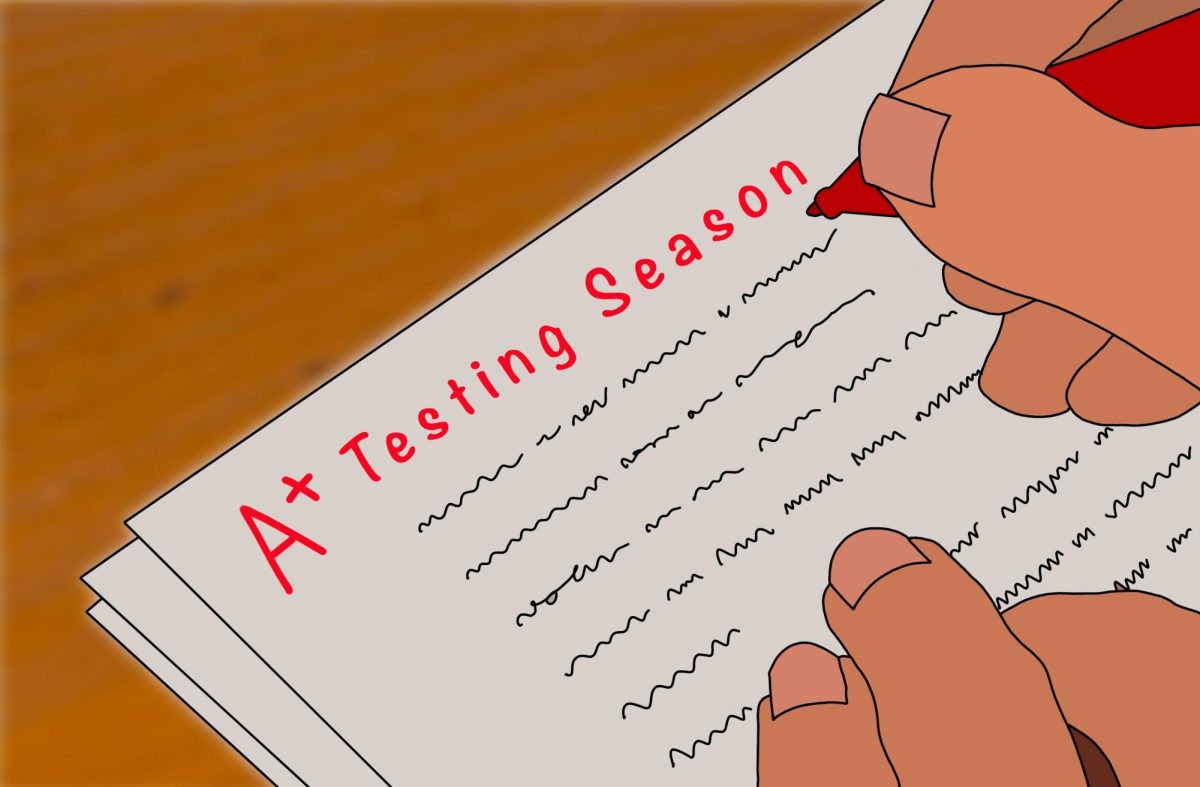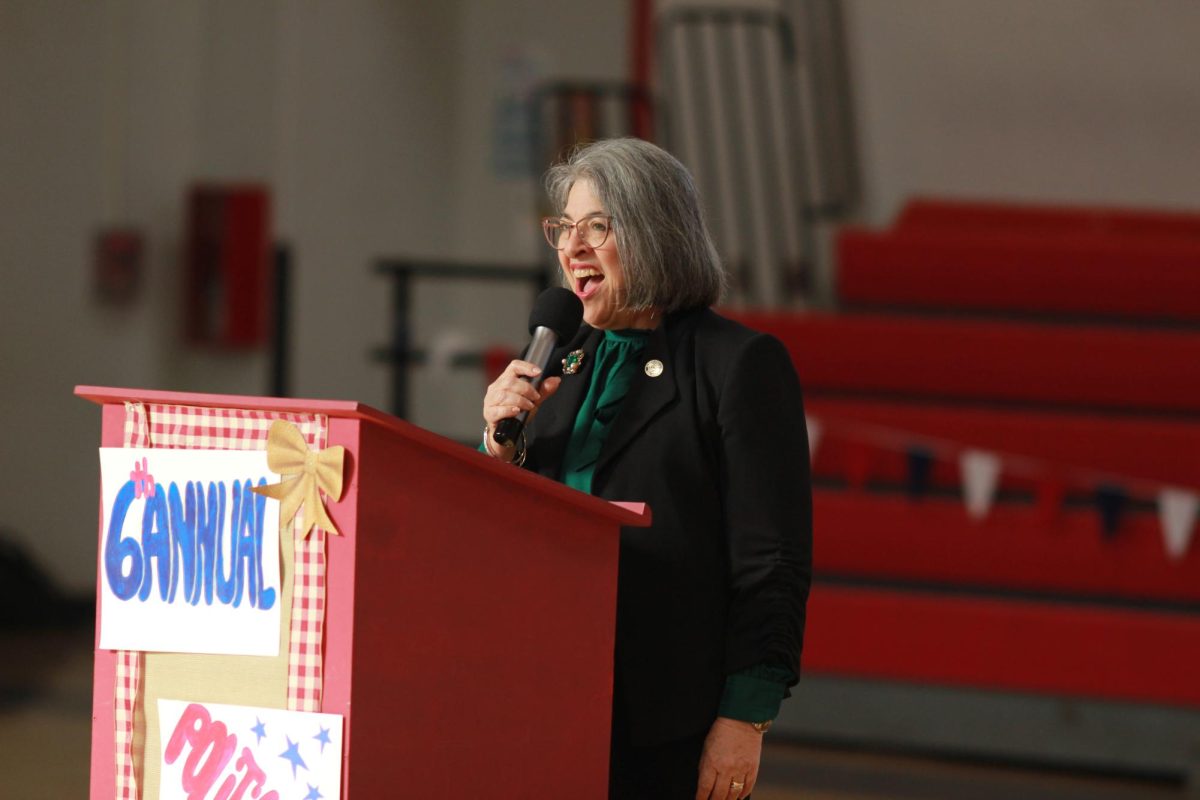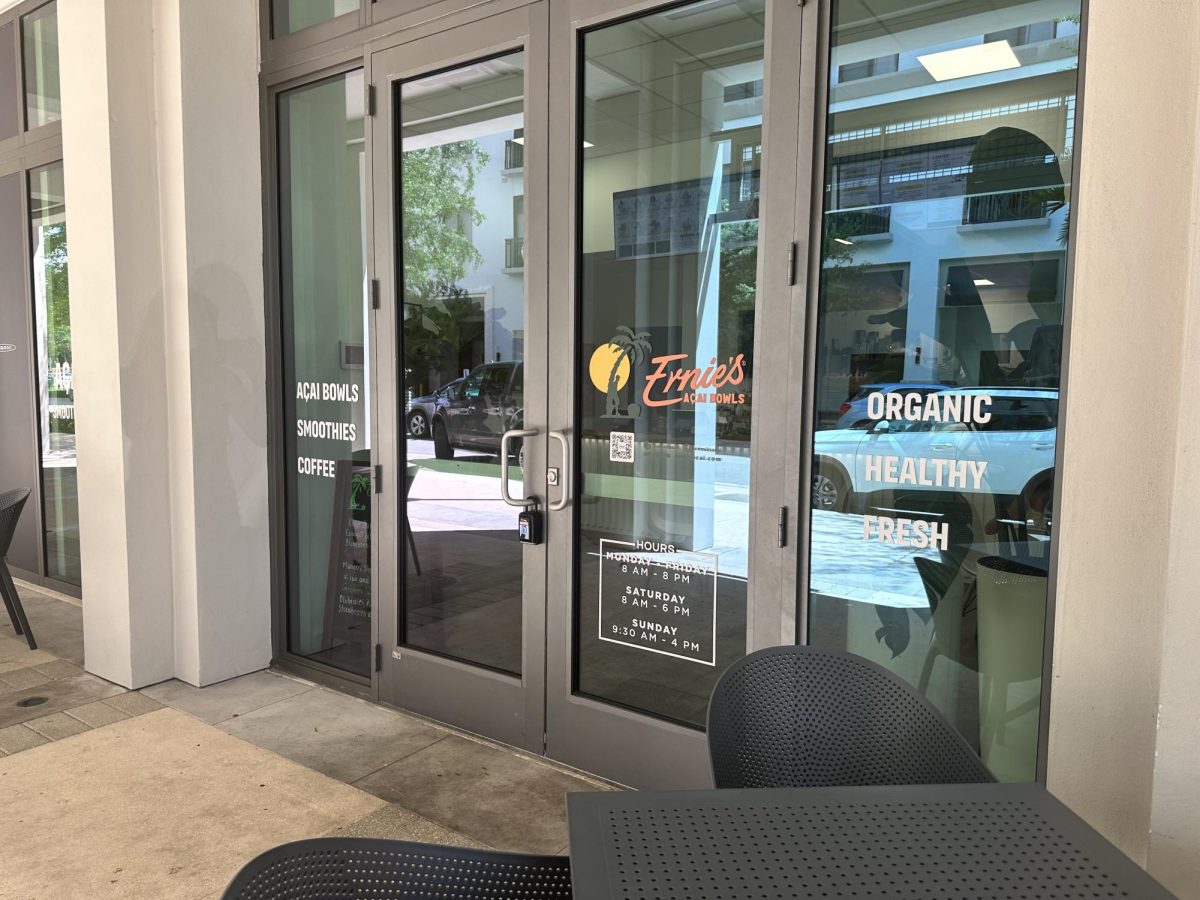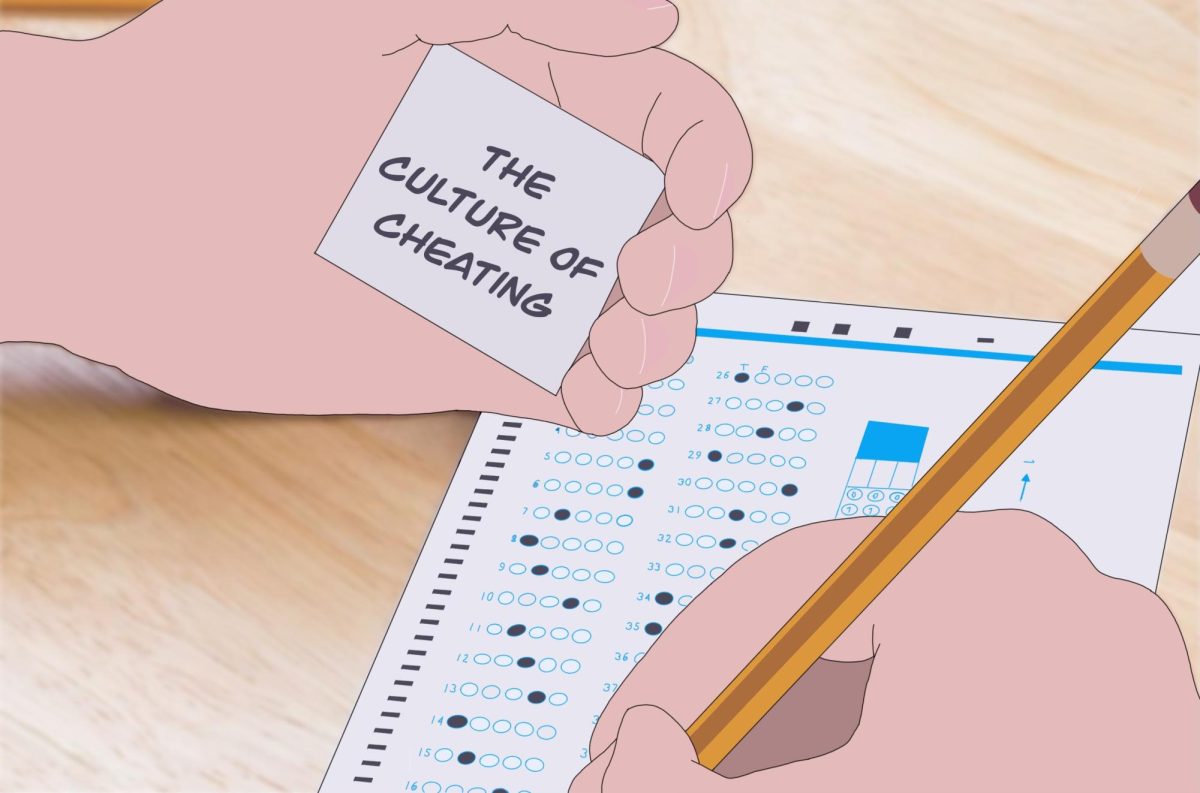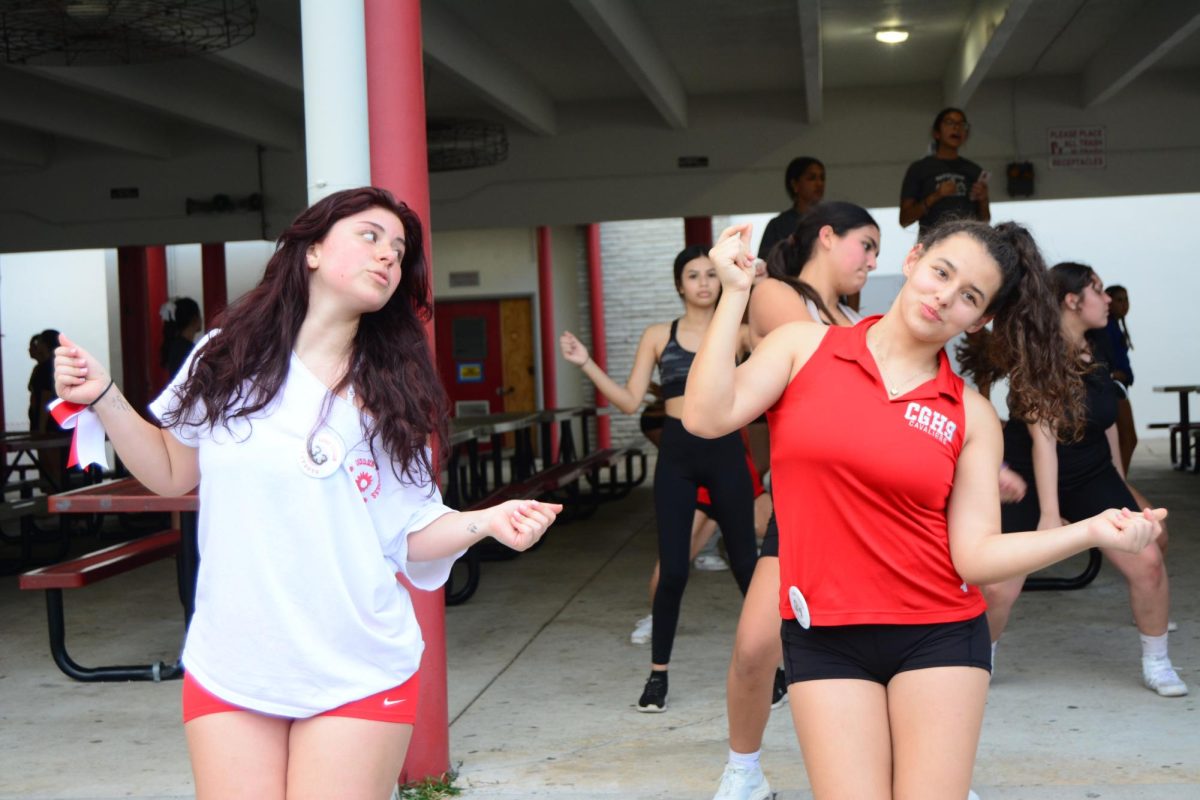In the past two years, there has been a recurring trend among states to loosen child labor protections by resurrecting old-fashioned child labor laws. In September 2023, Florida became the 16th state to introduce legislation aimed at rolling back child employment laws. The proposed bill, House Bill 49, seeks to allow employers to schedule teenagers, ages 16 and older, to work for an indefinite number of hours. Once effective as of July 1, 2024, HB 49 will also restrict those aged 15 or younger from working for more than six days a week.
According to the recent legislative bill, individuals under the age of 15 are prohibited from working before 7 a.m. or after 7 p.m., while school is in session. On these days, minors under 15 who are not enrolled in a career education program may work for up to three hours, unless there is no school the following day.
“These teenagers often don’t have the best idea on time management and how they could be spending [or] using it, meaning they could lose hours of sleep and precious time toward their education,” sophomore Jasmin Abu said.
HB 49 also modifies the age at which work hours are restricted, stipulating that minors 15 years and younger are limited to working no more than 6 days per week. In total, their work hours must not exceed 15 hours in a single week. However, it states teenagers who are at least 16 years old may work unlimited hours, including overnight shifts. For those 16 years of age or older, this applies on the days they attend school and those they do not.
“While I do understand that some students need to work, and I am glad that there are programs in school that help facilitate this, the idea of working overnight shifts during the school week seems totally counterproductive to academic success…I could see employers possibly pressuring students to work additional hours and during times that are detrimental to being productive at school,” Mrs. Landsea said.
This change has sparked concerns because Florida’s child labor laws have been amended several times since 1913. Currently, teenagers 16 and older in Florida cannot be scheduled to work more than 30 hours a week while school is in session. With this new bill up in the air, and if passed, teenagers will be allowed to work more than 30 hours a week, including overnight shifts, including days where school is in session. Many worry that these new child labor laws could have a number of serious effects on teenagers, especially those who are still enrolled in school.
“As a student who works, this could seriously affect me. I can’t even imagine having to work all night and then go to school the next day. It would totally mess up my sleep and school schedule, since my work is very time and energy-consuming,” junior Marea Casciola said.
Critics of the bill rely on research that has shown the negative effects of work intensity on academic engagement and performance. Both parents and teachers alike have expressed their concerns, as mentions of minors exceeding or extending their working hours can result in a lower high school completion rate. Many worry that this deprivation might interfere with academic performance and lead to lack of awareness and increase drop-out rates, which might then decrease their salary due to having a lower degree.
“[The bill] is going to mess with our education, and it’s not safe for us to work late at night. Plus, it’s going to be tough to balance work and school. Overall, I really don’t think this bill is a good idea as the cons seem to outweigh the pros,” junior Marea Casciola said.
While students may lose hours for study, they may gain those of experience. Both parents and students will have to cope with this balance as their teenagers continue their academic instruction and begin their professional careers.
“Honestly, I think the bill is beneficial, especially for kids who no longer live with their parents or are under extraneous circumstances outside of their control. As long as the workers can choose for themselves what shifts they would like and have that sort of flexibility, it’s agreeable on,” sophomore Jasmin Abu said.






